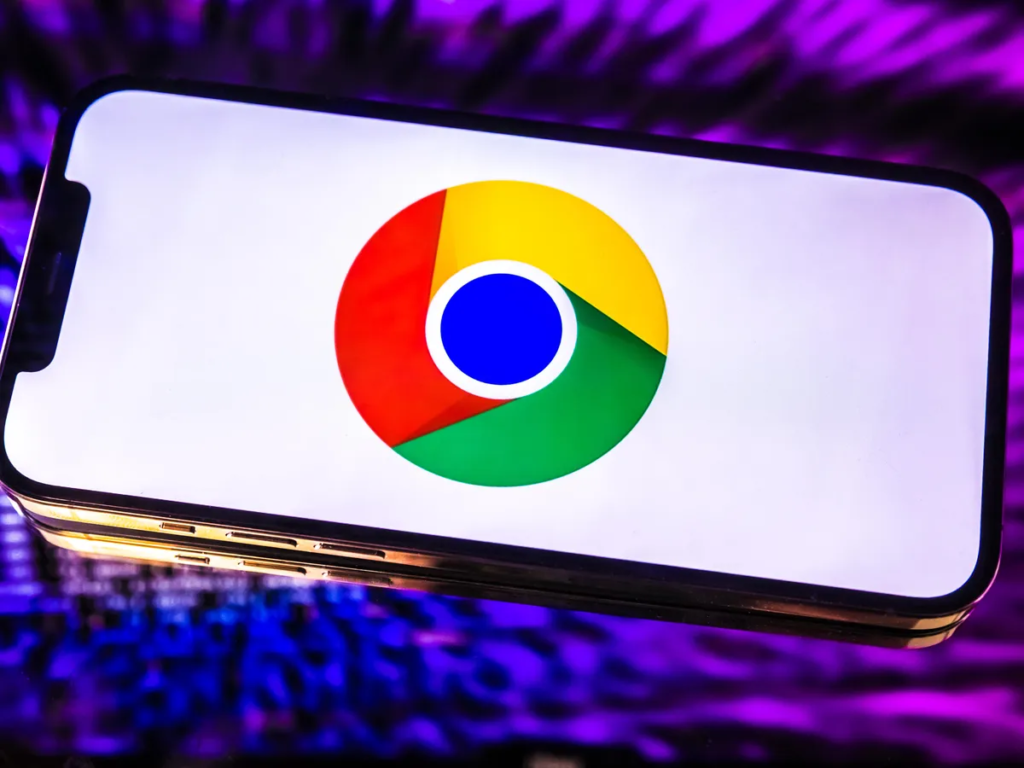
Ever wonder how much of your digital life is being watched as you scroll through cat memes or binge on Netflix? Yeah, it’s kinda creepy to think that someone’s keeping tabs on your late-night cookie recipe searches. But that’s the world we live in—where everything you do online can be logged, stored, and potentially used against you.
Enter private browsing, the cape-wearing superhero of the internet. But hold on a sec! With artificial intelligence (AI) stepping up its game, private browsing is about to get a serious upgrade. So, buckle up, and let’s dive into the future of AI-powered private browsing and how it’s gonna shake things up.

A Peek Behind the Curtains: What Is Private Browsing?
Private browsing is like wearing an invisibility cloak while surfing the web. You open a new window, and boom—no history, no cookies, no saved passwords. Perfect for those, uh, surprise birthday gift searches, right?
But here’s the catch: it’s not foolproof. Your ISP, the websites you visit, and even the government can still track you. Yup, it’s like thinking you’re invisible, but you’re really wearing a neon sign that says, “Look at me!”
Now, add AI to the mix. Imagine if your browser was smart enough to outwit trackers, block malicious ads, and even predict potential threats before you stumble upon them. That’s where things get spicy.
AI in the Driver’s Seat: How Smart Can Browsing Get?
AI’s been flexing its muscles in pretty much every field—from predicting what shows you’ll love on Netflix to assisting doctors in diagnosing diseases. So why should private browsing be left out of the party?
1. Adaptive Ad Blocking
Ever been stalked by ads after looking up a product just once? It’s like, “I bought the sneakers, Karen! Leave me alone!” AI can put an end to that. With machine learning, your browser can learn which ads to block and when. It’s not just about nuking all ads (which, let’s face it, sometimes we do want to see those sales), but more about showing relevant stuff and hiding the creepy, invasive ones.
2. Real-Time Threat Detection
Picture this: you’re about to click on a link, but your AI-powered browser jumps in like, “Hey buddy, not a good idea!” AI can analyze websites in real-time, flagging suspicious activities like phishing or malware before you even know what’s happening. It’s like having a digital bodyguard who’s always got your back.
3. Context-Aware Privacy Modes
Imagine if your browser could automatically switch to a more secure mode when you’re handling sensitive info—like online banking or confidential work stuff. AI could learn from your behavior, adapting the browsing experience to match your needs without you lifting a finger. Smooth, right?
Privacy, But Make It Personal
One size fits all? Not really. We’re all unique snowflakes in this chaotic digital blizzard. Some of us need more privacy, others just want faster speeds, and some are torn between the two. AI can bridge this gap by creating a personalized browsing experience.
Need hardcore privacy when researching a sensitive topic but don’t mind the cookies when shopping online? Your browser could soon be smart enough to juggle those needs without breaking a sweat.
How Do Browsers Currently Protect Your Privacy?
When it comes to privacy, both Chrome and Brave are popular choices, but they approach it in very different ways. Let’s do a quick chrome vs brave browser comparison on how they’re using AI to protect user privacy.

Chrome
As the most widely used browser globally, Chrome offers robust security features, such as automatic updates, sandboxing, and built-in phishing and malware protection. However, its connection to Google means your browsing data may be collected and used for personalized ads and services. While Chrome does allow you to use Incognito Mode to prevent local data storage, it doesn’t shield you from online tracking.
Recently, Google has been experimenting with AI-powered features like tracking prevention in its Privacy Sandbox initiative. This aims to replace third-party cookies with AI-generated user profiles that protect individual identities while still allowing for targeted advertising. It’s a step towards balancing privacy and ad revenue, but for some, it’s still too close for comfort.
Brave
On the flip side, Brave was built from the ground up with privacy as its core focus. It blocks ads and trackers by default, ensuring that your browsing activity isn’t used to build a detailed profile of you.
What’s really cool is that Brave has integrated AI through its Brave Search feature, which prioritizes results based on its own index rather than relying on Google. This reduces the data footprint and further protects your privacy. Plus, Brave’s AI-based ad system, Brave Rewards, allows you to opt-in to view privacy-respecting ads and earn tokens in return. It’s a win-win—no invasive tracking, and you get rewarded for your attention.
But Wait, There’s More: The Ethical Dilemma
With great power comes great responsibility, right? AI can make private browsing super effective, but there’s a catch. Who controls the AI? What data is being used to train these models? If big companies are behind the AI powering your browser, are they really looking out for your best interests, or just theirs?
Here’s where it gets tricky. An AI-powered private browsing experience needs transparency. You should know what data is being used and how. It’s like buying organic veggies—just because the label says “organic” doesn’t mean it’s the whole story. The same goes for AI in browsers. Trust but verify, as they say.
Making the Right Choice
So, where does this leave you? Should you sit tight and wait for the perfect AI-powered browser to land on your screen? Nah, don’t hold your breath. But it’s good to stay informed, keep an eye out for new features, and be ready to switch things up if a browser offers better privacy tools.
Wrapping It Up: The Road Ahead
The future of AI-powered private browsing is bright—and a little uncertain. But that’s what makes it exciting! With tech evolving at lightning speed, who knows what’s around the corner? We’re talking browsers that learn from you, adapt to your needs, and keep you safe without breaking a sweat.
So, next time you’re surfing the web, remember: it’s not just about where you’re going, but how you’re getting there. And with AI steering the wheel, private browsing is set to become a lot smarter, safer, and, dare we say, fun? Keep your eyes peeled, stay curious, and happy surfing!





